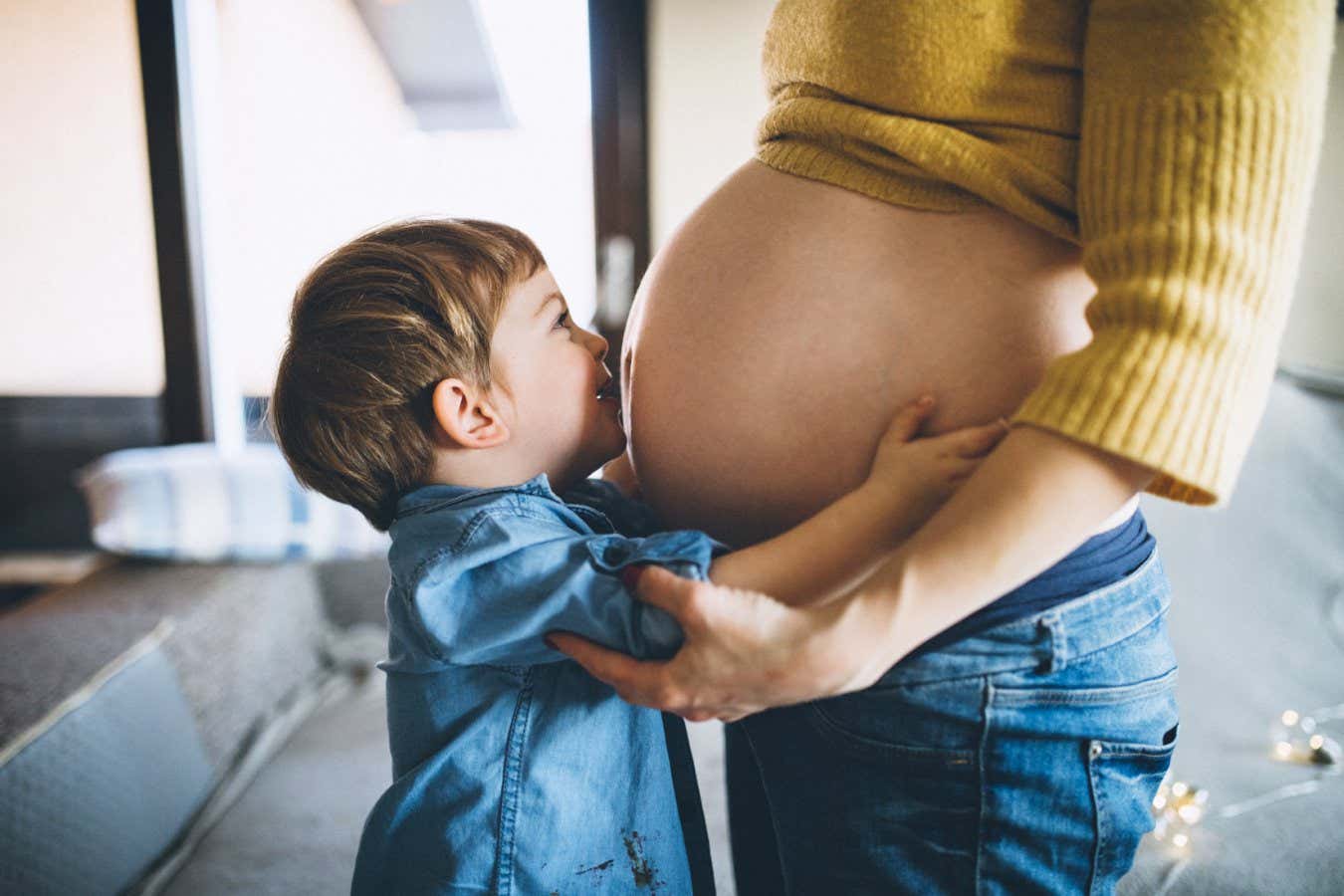A woman’s age may determine whether she has only sons or daughters
Marko Pekic/Getty Images
You may assume that a woman’s chance of having a son or daughter is 50/50, similar to a coin toss, but it appears that some women may be more likely to have children of only one sex.
“From personal experience, I’ve seen friends [and] family members that have only girls or boys in their family,” says Siwen Wang at Harvard University. “This raises the question of whether it’s purely chance, or is there some underlying biology that could explain this phenomenon?”
The ratio of boys to girls at birth is roughly 50:50 at a population level, mainly because men’s sperm are about equally likely to contain an X or a Y chromosome, which determines a child’s sex.
But Wang and her colleagues wondered if women may also play a role. To learn more, they analysed data collected from more than 58,000 mothers in the US who had previously enrolled in two separate studies on contraception and maternal health. Of these women, 61 per cent had two children, 30 per cent had three children, 8 per cent had four children and the remaining women had five or more.
The researchers compared the sex of the women’s children with eight maternal traits: height, body mass index, race, hair colour, blood type, chronotype (the time of day when they’re most alert), age at first menstruation and their age when they had their first child, which ranged from 13 to 48 years old.
The team found that the women who were older than 28 when they first gave birth had a 43 per cent chance of later having children of only one sex, compared with a 34 per cent chance among those who were younger than 23 when they first became a mother.
“We found that older maternal age at first birth was linked to [a higher chance] of having only girls or boys,” says Wang. None of the other traits were linked to the sex of the women’s children.
Although it is unclear why maternal age may have this effect, it could come down to biological changes within the body, which vary among women, says Wang. For instance, previous studies suggest that the first phase of the menstrual cycle becomes shorter with age, which may favour the birth of boys, while a decrease in vaginal pH with age may support the survival of sperm containing X chromosomes, leading to a greater chance of having a girl, says Wang.
But the findings could also be explained by behavioural factors, says Joshua Wilde at the University of Oxford. It is possible that older women are more likely to plan the size of their families, he says. This could mean that even if they wanted two children of different sexes, they may decide to stop after having two boys or two girls, whereas a younger woman may be more likely to pursue having a child of the other sex, with less concern for family size, he says.
Further studies are needed to parse how behavioural, environmental and biological factors influence a baby’s sex, says Wilde.
Topics:




